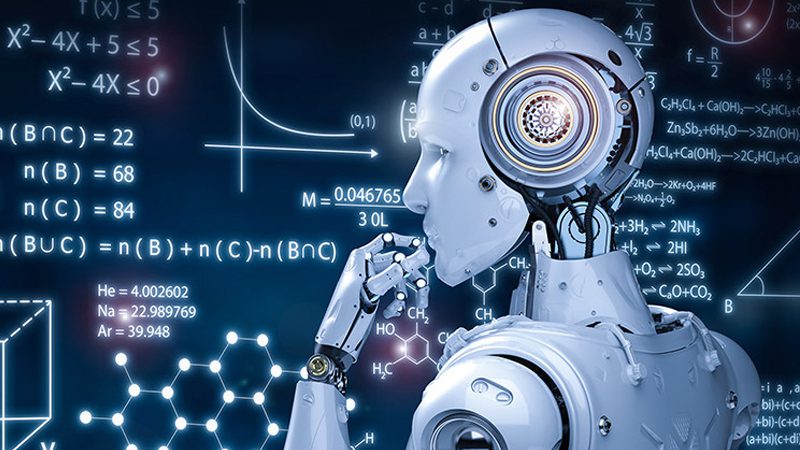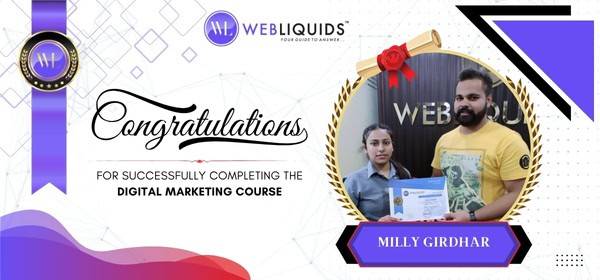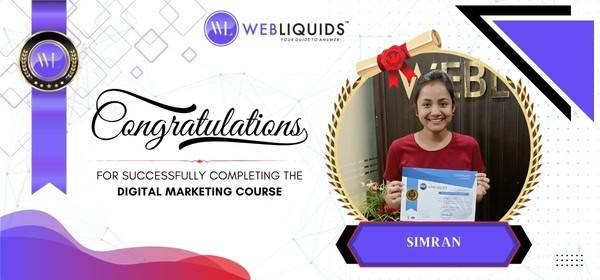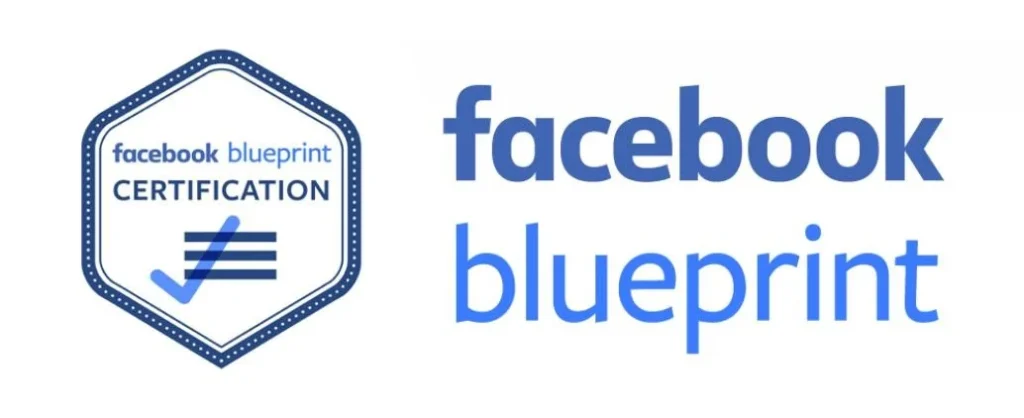AI in Digital Marketing: Transform Your Strategy with Smart Technology

Transform Your Marketing Game with AI and Machine Learning
The digital marketing landscape is evolving rapidly, and one of the driving forces behind this transformation is Artificial Intelligence (AI) and Machine Learning (ML). These cutting-edge technologies have revolutionized how businesses engage with their audience, making marketing strategies more efficient, personalized, and impactful. In today’s fast-paced world, leveraging AI and ML in digital marketing is no longer a luxury but a necessity. According to a recent report by PwC, AI is expected to contribute $15.7 trillion to the global economy by 2030. This highlights the immense potential of AI in reshaping the future of digital marketing.
What Are AI and ML in Digital Marketing?
Artificial Intelligence (AI) refers to the simulation of human intelligence in machines programmed to think, learn, and make decisions. Machine Learning (ML), a subset of AI, involves algorithms that allow machines to learn from data and improve their performance over time without explicit programming.
In digital marketing, AI and ML are used to analyze vast amounts of data, predict customer behavior, and automate repetitive tasks. Here are some examples:
- Chatbots: AI-powered chatbots provide real-time customer support and handle queries 24/7, improving user experience.
- Predictive Analytics: ML algorithms analyze historical data to predict trends, helping marketers make data-driven decisions.
- Recommendation Engines: Platforms like Amazon and Netflix use AI to recommend products or content based on user behavior.
- Content Optimization: AI tools like Grammarly and Clearscope optimize content for readability and SEO.
By integrating these technologies, businesses can create more targeted and effective marketing campaigns.
Key Benefits
AI and ML offer numerous advantages that can significantly enhance digital marketing strategies. Here are the key benefits:
- Personalization at Scale: AI enables marketers to deliver personalized experiences to millions of customers by analyzing their behavior, preferences, and demographics. For instance, email campaigns can be tailored to individual users based on their past interactions. This level of personalization fosters stronger connections with customers, increases engagement rates, and boosts brand loyalty. Additionally, AI tools can dynamically adjust website content and product recommendations in real-time, ensuring a seamless user experience.
- Predictive Analytics: ML algorithms analyze historical data to predict future trends and customer behavior. This helps marketers identify potential leads, optimize campaigns, and make informed decisions. Predictive analytics also aids in customer segmentation, allowing businesses to target specific groups with precision. For example, predicting when a customer is likely to make a purchase enables marketers to send timely offers and promotions, maximizing conversion rates.
- Increased Efficiency: By automating repetitive tasks like content scheduling, email marketing, and ad placements, AI saves time and resources, allowing marketers to focus on strategy and creativity. Tools like automated social media schedulers and chatbots ensure that tasks are executed consistently without manual intervention. This not only improves productivity but also reduces the risk of errors in campaign execution.
- Enhanced ROI: AI optimizes ad targeting and campaign performance, ensuring that marketing budgets are spent efficiently, resulting in higher returns on investment. Advanced analytics help identify underperforming areas and reallocate resources to high-performing channels. For instance, AI-driven platforms like Google Ads use machine learning to analyze campaign data and suggest improvements, such as adjusting bid strategies or refining audience targeting.
- Improved Decision-Making: AI provides marketers with actionable insights derived from analyzing vast datasets. This data-driven approach eliminates guesswork and empowers marketers to make strategic decisions with confidence. For example, AI tools can highlight emerging trends or identify potential market gaps, enabling businesses to capitalize on new opportunities before their competitors.
- Customer Retention and Loyalty: AI-driven tools help monitor customer satisfaction and identify potential issues early. Sentiment analysis, for instance, allows brands to gauge how customers feel about their products or services. By addressing concerns promptly, businesses can build trust and foster long-term loyalty.
Practical Applications
AI and ML are versatile technologies with a wide range of applications in digital marketing. Here are some practical ways they are being used:
- Content Creation and Optimization:
- AI-powered tools like Jasper and Copy.ai generate engaging and SEO-friendly content.
- A/B testing is automated, enabling marketers to identify the most effective headlines, CTAs, and visuals.
- Predictive Insights:
- AI analyzes customer data to identify patterns and predict future actions, such as purchasing decisions or churn risk.
- Tools like Google Analytics leverage AI to provide actionable insights for marketers.
- Chatbots and Customer Support:
- AI-driven chatbots like Drift and Intercom handle customer queries, provide product recommendations, and even assist in the sales process.
- Programmatic Advertising:
- AI automates real-time bidding for ad placements, ensuring ads are shown to the right audience at the right time.
- Email Marketing Automation:
- AI tools like Mailchimp and HubSpot personalize email campaigns based on user behavior and preferences.
- AR and Visual Recognition:
- AI-powered AR experiences allow customers to visualize products in real-time. For example, IKEA’s AR app lets users see how furniture will look in their homes.
Success Stories
Several global brands have successfully leveraged AI to transform their marketing strategies. Here are some notable examples:
- Netflix: Netflix uses AI-powered recommendation engines to suggest content based on user preferences and viewing history. This personalized experience has been a significant driver of its success.
- Amazon: Amazon’s recommendation engine, powered by ML, suggests products to customers based on their browsing and purchasing behavior. This has led to increased sales and customer satisfaction.
- Coca-Cola: Coca-Cola uses AI for sentiment analysis to understand how customers feel about its campaigns and products. This helps the brand create more impactful marketing strategies.
- Sephora: The beauty retailer uses AI chatbots to provide personalized product recommendations and virtual try-on experiences, enhancing the customer journey.
Future Trends
The future of AI and ML in digital marketing is full of exciting possibilities. Here are some trends to watch:
- Voice Search Optimization:
- With the rise of voice assistants like Alexa and Google Assistant, optimizing content for voice search will become essential.
- Zero-Click Searches:
- AI will play a crucial role in helping brands appear in featured snippets and answer boxes, driving traffic without traditional clicks.
- Social Media AI:
- AI tools will enhance social media listening, sentiment analysis, and influencer marketing, helping brands connect with their audience more effectively.
- AI-Driven Video Marketing:
- AI will simplify video creation, personalization, and optimization, making it easier for brands to engage users with dynamic content.
- Hyper-Personalization:
- AI will take personalization to the next level by integrating real-time data, ensuring marketing messages are relevant and timely.
AI and Machine Learning are reshaping the digital marketing landscape, enabling businesses to create more personalized, efficient, and impactful campaigns. By leveraging these technologies, marketers can stay ahead of the competition and meet the evolving needs of their audience. The future of digital marketing belongs to those who embrace innovation and use AI to transform their strategies. Start small, experiment with AI-driven tools, and watch your marketing efforts reach new heights.
FAQs
What is the role of AI in digital marketing?
AI helps analyze data, automate tasks, and deliver personalized experiences, making digital marketing more efficient and effective.
How does machine learning improve marketing campaigns?
Machine learning analyzes customer data, predicts behavior, and optimizes campaigns, ensuring better targeting and higher ROI.
What are some AI tools for digital marketing?
Popular tools include HubSpot, Google Analytics, Jasper, Mailchimp, and Drift.
Can small businesses benefit from AI in marketing?
Yes, small businesses can use affordable AI tools for tasks like content creation, email marketing, and social media management.
What is predictive analytics in digital marketing?
Predictive analytics uses ML algorithms to forecast customer behavior, helping marketers make informed decisions.
What are future trends in AI and digital marketing?
Key trends include voice search optimization, AI-driven video marketing, and hyper-personalization.
Ready to Master Digital Marketing? Sign Up Today!
Inspiring Job Placement Success Stories

Our Achievers Ready to Lead the Industry














